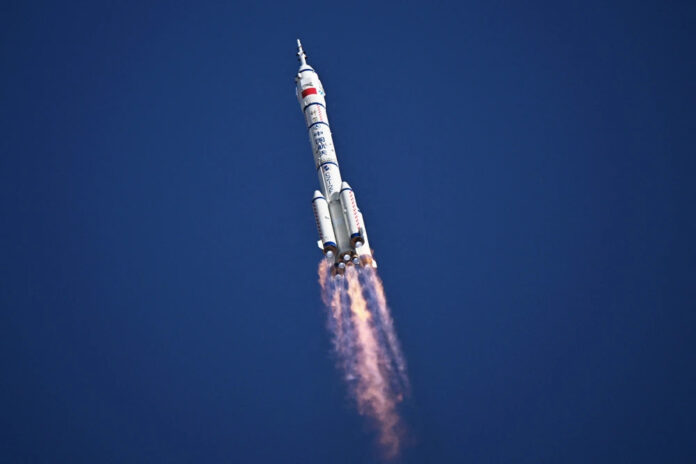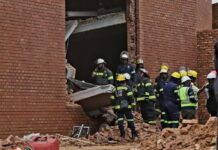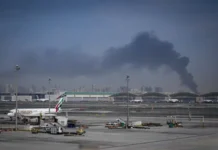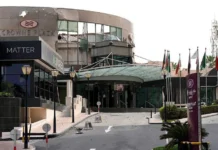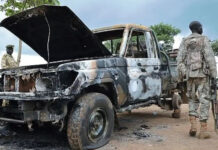China’s Shenzhou-20 crewed spacecraft has postponed its return to Earth after being possibly struck by tiny fragments of space debris, the China Manned Space Agency (CMSA) said on Wednesday.
The spacecraft, which was scheduled to land in northern China on Wednesday, will remain in orbit as engineers conduct an impact analysis and risk assessment. CMSA did not provide a revised timetable for the crew’s return.
The agency said preliminary findings suggest the vessel encountered minute debris particles during its journey back from the Tiangong space station, where the three-member crew had spent six months conducting experiments and maintenance tasks.
The delay underscores growing concerns about the increasing threat posed by space debris, remnants of defunct satellites, rocket parts, and other fragments orbiting hundreds of kilometers above Earth.
Such debris can travel at speeds exceeding 25,000 kilometers per hour, posing a severe risk to operational spacecraft.
This marks the first time a Chinese crewed return mission has been delayed due to debris impact. The previous Shenzhou-19 mission, in April, faced only a minor delay because of bad weather at the landing site.
Experts have warned that space junk has reached critical levels, prompting global calls for stronger international cooperation on space traffic management. A United Nations panel last year urged nations to create a shared database of orbital objects and establish an international framework for monitoring them.
At a 2024 forum, President Xi Jinping proposed the creation of a joint “space debris observation centre” with Arab states to improve tracking and prevention efforts.
Beijing has repeatedly accused the United States of contributing heavily to space debris through its anti-satellite tests. In turn, Washington has criticized China for a 2007 missile test that destroyed a satellite and produced thousands of debris fragments.
China has since invested in technologies to mitigate orbital risks, including laser-based debris tracking and “deorbiting sails” designed to help inactive spacecraft re-enter the atmosphere safely.
Despite the setback, CMSA said the Shenzhou-20 crew remains safe aboard the spacecraft and that mission teams are closely monitoring the situation to ensure a secure return to Earth.
Source: Reuters
Written By Rodney Mbua









